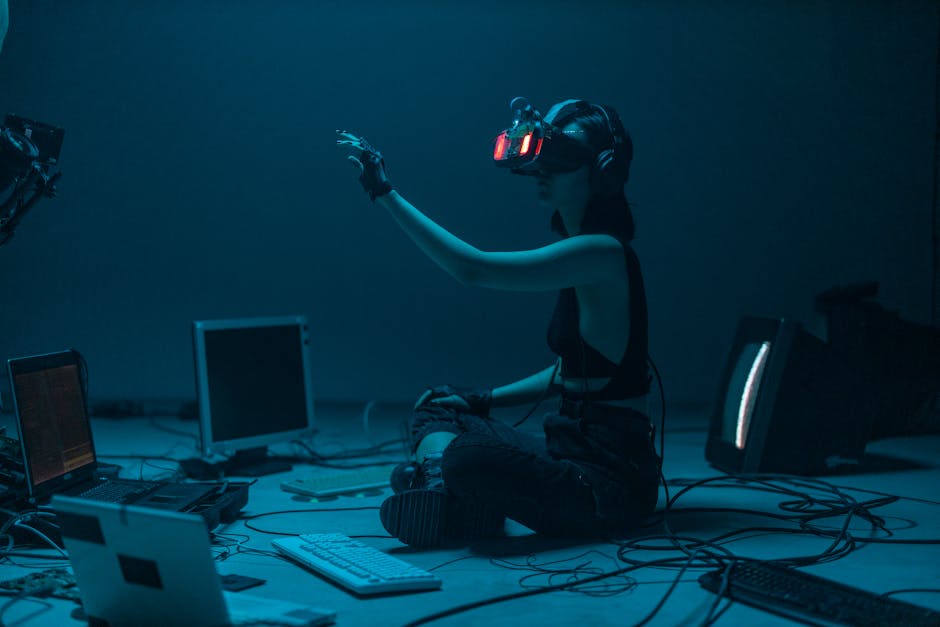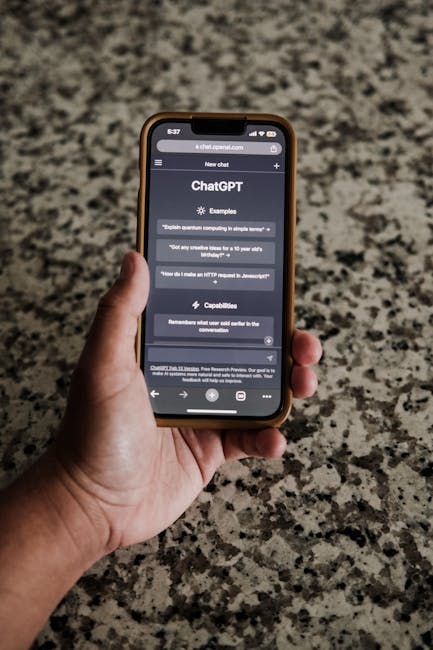In the high-stakes world of Silicon Valley, where perception is reality, Sam Altman is the reigning king. As the CEO of OpenAI, he is the face of the AI revolution—the calm, articulate visionary guiding humanity into a new era. But even kings, it seems, can have their moments of unease. At a recent high-profile tech conference, the carefully constructed wall of composure momentarily crumbled, revealing the immense pressure cooker simmering beneath the surface of the world’s most talked-about company.
The trigger? A seemingly simple, yet piercingly direct question about OpenAI’s revenue.
The $86 Billion Question That Cracked the Composure
An analyst, armed with a microphone and a healthy dose of skepticism, pointed out the elephant in the room: the glaring chasm between OpenAI’s astronomical valuation—pegged at a breathtaking $86 billion—and its relatively minuscule revenue, reportedly hovering around the $2 billion mark. It’s the one question that seems to trail the company despite its world-changing technology.
For a moment, the air in the auditorium grew thick. Sam Altman, who usually handles tough questions with the deftness of a seasoned diplomat, lost his cool. The typically measured tone was replaced with a terse, almost dismissive retort, a rare crack in his public facade.
“The Financial Models Don’t Apply”: Altman’s Tense Retort
“We are not building a search engine or a social media app,” he snapped back, according to attendees. “We are building artificial general intelligence. The financial models you’re used to simply don’t apply here.”
While not a full-blown meltdown, the flash of irritation spoke volumes. It revealed a deep sensitivity to the one question that haunts the AI gold rush: Can this world-changing technology actually make money sustainably? This uncharacteristic frustration from Sam Altman highlights the immense pressure to justify OpenAI‘s sky-high valuation against its current revenue streams.
The Silicon Valley Gold Rush vs. The AI Cash Inferno
This is a story every startup founder and investor knows all too well, particularly here in India. We’ve seen countless unicorns with lofty valuations burn through cash in pursuit of growth, constantly deferring the dreaded question of profitability. But OpenAI’s situation is on an entirely different scale.
The cost of running powerful models like GPT-4 is colossal. The sheer computational power, fueled by tens of thousands of expensive NVIDIA GPUs, amounts to an electricity bill that could power a small city. This isn’t just a cash burn; it’s a raging inferno. The “minuscule revenue” in comparison to these operational costs is a stark reality.
Balancing a Messianic Aura with Brutal Financial Reality
Altman’s frustration is understandable. He is balancing on a tightrope. On one side, he must project unwavering confidence to justify the billions in investment, primarily from Microsoft, and maintain the company’s messianic aura. On the other, he is grappling with the brutal reality of a business that costs a fortune to run and has yet to find its “killer app” for massive, sustainable revenue outside of its API and ChatGPT Plus subscriptions.
The question of money also pokes at OpenAI‘s foundational paradox. The company began as a non-profit dedicated to ensuring AGI benefits all of humanity. It has since morphed into a “capped-profit” entity, a hybrid structure that leaves many confused. When you claim to be building a tool for humanity’s future, being questioned about something as worldly as quarterly revenue can feel like a direct challenge to your mission’s purity.
A Sign of Strain at the Heart of the AI Revolution
This brief moment where Sam Altman lost his cool is more than just tech gossip. It is a sign of the immense strain at the heart of the AI revolution. The pressure to innovate, to self-regulate, to stay ahead of competitors like Google and Anthropic, and to somehow create a viable business model from this fantastically expensive technology is immense.
Sam Altman may be selling the world a vision of the future, but his sharp response reminds us that he is still accountable to the present. The magic of ChatGPT is undeniable, but turning it into a profitable, self-sustaining business is a trick that even its creators have yet to master.




